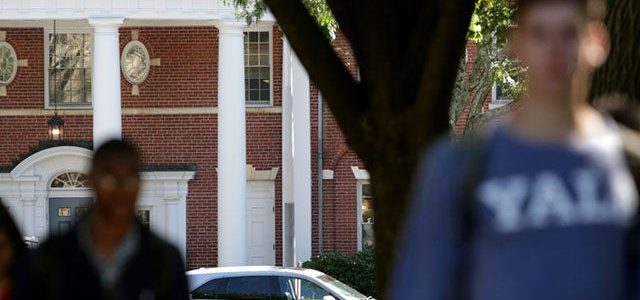Recently, the Biden Education Department provided funding of more than $76 million to U.S. colleges. Many schools offer remote classes for students starting the semester, even though they must all be vaccinated against COVID-19. U.S. Secretary of Education Miguel Cardona announced that a further outlay had been made from the federal Higher Education Emergency Relief Fund.
The American Rescue Plan provided critical funds to ensure that higher education institutions in the United States, particularly those serving students who were most affected by the COVID-19 crisis, had the financial resources they needed to offer high-quality education and support to students.
Many schools that have received the funding for their students aren’t using them for those students who require a high-quality education despite being granted it.
Polumbo said that college students who cannot attend classes in person or take part in extracurricular activities and are unable to access necessary social/networking relationships will eventually be subject to the “laptop” college education.
A College Pulse survey released in May 2021 found that most people believe they have learned less from distant classes. 81% said that they had difficulty concentrating during online lectures.
Students can get a virtual education for thousands of dollars. Although it isn’t as good as the community college or affordable online university, they will still be able to get the fancy name on their degree. This is what most people care about. Despite the virtual learning disaster, many students didn’t abandon college in 2020.
Fox Business reported last Wednesday that Yale University had made it clear before Christmas that their undergraduate and graduate classes would be held remotely through February 4. This was despite having been awarded $5.2million by HEERF.
Scott Strobel, the school’s provost, and Peter Salovey, the school’s president, noted a sudden spike in COVID-19-related incidents. They have increased their alert level on campus and adjusted their plans to protect the community.
Officials stated that their priority was “as always” the health and well-being of all campus residents as well as the surrounding community. Online access to GSAS and Yale College courses is possible from January 25 through February 4.
Officials from Duke University, which had received more than $26.8million in HEERF funding, also announced December 31 they “have all observed [with great concern] the Omicron variant’s rapid spread across their communities throughout the world.”
All classes at undergraduate, graduate and professional schools will be held remotely starting Tuesday, January 18 instead of the earlier announcement of January 10. There are no hybrid classes or in-person classes during this time.
HEERF funds were also granted to Vanderbilt University and Temple University. These schools, however, announced that they would return to remote classes and that the semester wouldn’t start on schedule.


